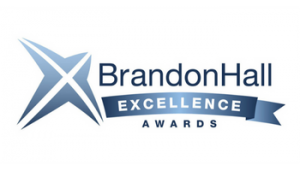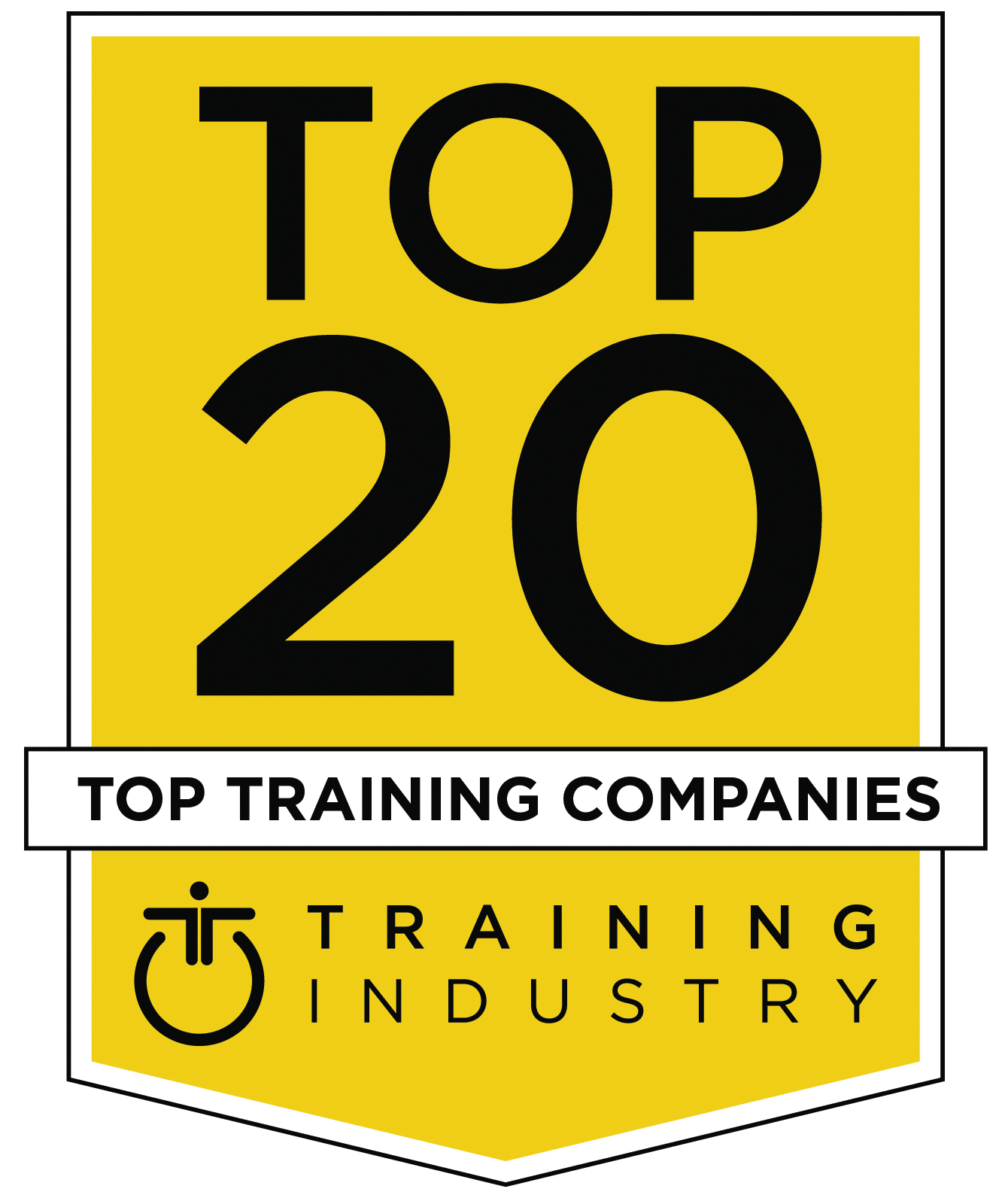
Operational risk management
For modern financial institutions
Operational risk is not new – it has existed ever since the first bank opened its doors for business.
What is relatively new, however, is how modern-day financial institutions manage this risk type. Operational risk management has evolved into a discipline in its own right with specialized personnel, policies, procedures, reporting, measurement techniques, and related technology.

Resource library
The ultimate guide to operational risk management
Operational risk management (ORM) is a crucial aspect of any business, helping organizations identify, assess, and mitigate risks associated with their day-to-day operations. By understanding and effectively managing operational risks, businesses can protect their reputation, minimize financial losses, and ensure their long-term success.
Industry-leading expertise
With nearly 40 years of experience in the learning and financial services industry our content is tailored for finance professionals.
Part of our extensive Know-How Library
We equip over 2 million financial services professionals annually with the knowledge to deliver in the rapidly moving global marketplace. Our extensive Know-How content library is trusted by the world’s largest investment and commercial banks, leading asset managers, insurance firms, regulatory bodies, and professional services firms.
The Operational Risk course is tailored specifically for finance professionals and includes discussion of regulatory requirements and requires learners to apply the content to finance-related scenarios.
Our model allows for flexibility if you are looking to purchase just one course or have access to our entire content library.
Resource library

Operational risk management for the banking industry
The banking industry faces unique operational risks due to the nature of its operations and the regulatory environment.
Operational risk management frameworks incorporate risk identification, assessment, mitigation, and monitoring processes tailored to the specific risks faced by banks, including fraud, system failure, and more.

Understanding banking regulatory requirements for ORM
In order to promote stability and resilience within the banking sector, regulators have implemented stringent frameworks and requirements to address operational risk.
Read about recent updates, including the standardized approach for calculating regulatory capital.
Is this course for you?
Content
This course includes four main modules:
- Introduction to Operational Risk
- Operational Risk – Measurement & Reporting
- Operational Risk – Tools & Techniques
- Operational Risk – Developments & Emerging Risks
Learner Profile
This course is aimed primarily at new recruits working in a commercial/wholesale banking environment. More experienced personnel looking for a refresher on the management and measurement of operational risk may also find the course useful.
Not sure how much you know? Test your current knowledge with our skills gap assessment.
Course modules
Get in touch
Connect with our team to discuss how Intuition’s learning solutions can help you unlock potential

Resource library
What is a Risk Management Framework (RMF)?
A risk management framework (RMF) is a structured and systematic approach used by organizations to identify, assess, prioritize, and manage risks in order to minimize potential threats and exploit opportunities. It provides a comprehensive set of guidelines, processes, and tools for effectively identifying, assessing, mitigating, monitoring, and communicating risks throughout an organization.
Accredited for continuing professional education
Using Intuition Know-How for CPE
There are many reasons why people learn, but one of the key reasons is Continuing Professional Education (CPE) to maintain professional qualifications. Many examination bodies now mandate annual training, with some requiring alumni to complete up to 35 hours a year. To support clients, Intuition works with key financial bodies to ensure our accredited Intuition Know-How materials can be used to meet these CPE requirements.


Resource library
Top 5 operational risks in 2023
As the global financial landscape continues to evolve, banks face a myriad of challenges in ensuring smooth operations and sustainable growth. Operational risk management faces several challenges and is subject to evolving trends. Read our predictions for the top 5 operational risks in 2023.
Expertise you can trust
We are proud to be recognized for our quality learning content and look forward to continuing to provide our clients with the highest-quality learning experiences.




Resource library
Operational risk management – measurement & reporting basics
Measuring and reporting operational risk plays a pivotal role in the banking sector, as it enables banks to enhance their risk management practices, make informed decisions, maintain regulatory compliance, and ensure stakeholder confidence.
